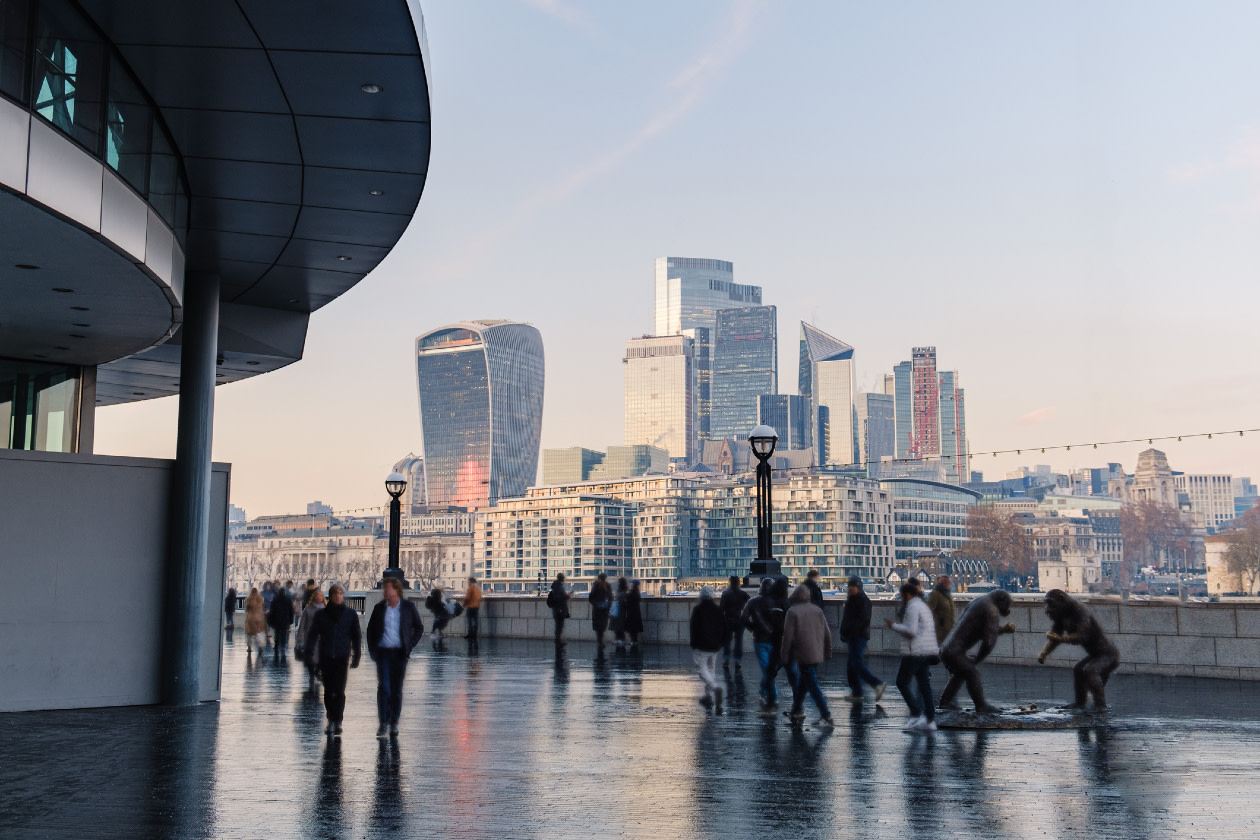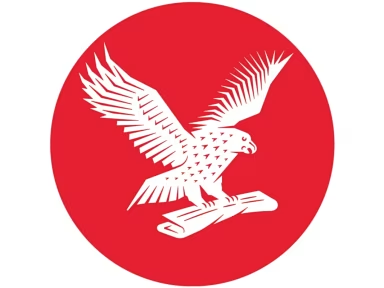The UK economy surged back to growth in June after consecutive contractions in April and May - but overall the second quarter of the year showed the economy grew far less than it did in the first.
A total 0.3 per cent GDP growth was better than some analysts were expecting, but is still slow movement overall given the government’s plan to kickstart businesses and get the nation firing on all cylinders.
Meanwhile, it’s A Level results day for college students in the UK - meaning lots of university-related financial matter coming your way today as well.
Stock markets rose in the US but fell in Asia overnight, with the FTSE 100 following the latter on a downward path as trading started on Thursday. Aviva and the Admiral Group are among those reporting their latest financials today.
UK economic growth slowed in second three months of the year - but June was strong.
Combination of GDP, inflation and interest rates a 'troublesome combination for households
Even though we have now had another interest rate cut, inflation remains high and that combination, alongside low UK growth, plays together to be difficult for households in the coming months.
Alice Haine, personal finance analyst at Bestinvest, explains all:
“The UK economy expanded by just 0.3% in the second quarter, a slowdown from the more robust figure of 0.7% recorded in Q1, as rising costs, a cooling labour market and global uncertainty – particularly around US President Trump’s tariff policies and geopolitical tensions in the Middle East – weighed on business and consumer sentiment.
“But a softening labour market, stubbornly high inflation, slowing wage increases and a higher tax burden present a troublesome combination for household budgets.
“While five interest rate cuts since August last year have offered some relief, the latest 25 basis-point reduction to 4% may not be reflected in lower borrowing costs across the board as some lenders remain cautious about future rate cut expectations amid niggling inflationary pressures.
“With food prices continuing to surge, the Bank of England has signalled that interest rates may need to remain elevated for longer as it expects consumer price inflation to peak of 4% in September.”
UK GDP grows by 0.3% in second quarter of 2025 - down from 0.7% in January to March
Growth in the UK economy slowed in the second quarter of this year, a mix of pressures from tariff uncertainty, businesses and individuals coping with tax increases and ongoing inflation struggles.
New official figures from the Office for National Statistics (ONS) said gross domestic product (GDP) grew by 0.3 per cent between April and June.
That follows 0.7 per cent growth in the first three months of the year.
However, the April-June figure was stronger than the 0.1 per cent level widely expected by economists, after a stronger uptick in activity in June and revised data for earlier in the quarter.
Chancellor Rachel Reeves said the economic figures were “positive” but added that there is “more to do” to drive growth in the economy.
This article was written by Karl Matchett from The Independent and was legally licensed through the DiveMarketplace by Industry Dive. Please direct all licensing questions to legal@industrydive.com.

